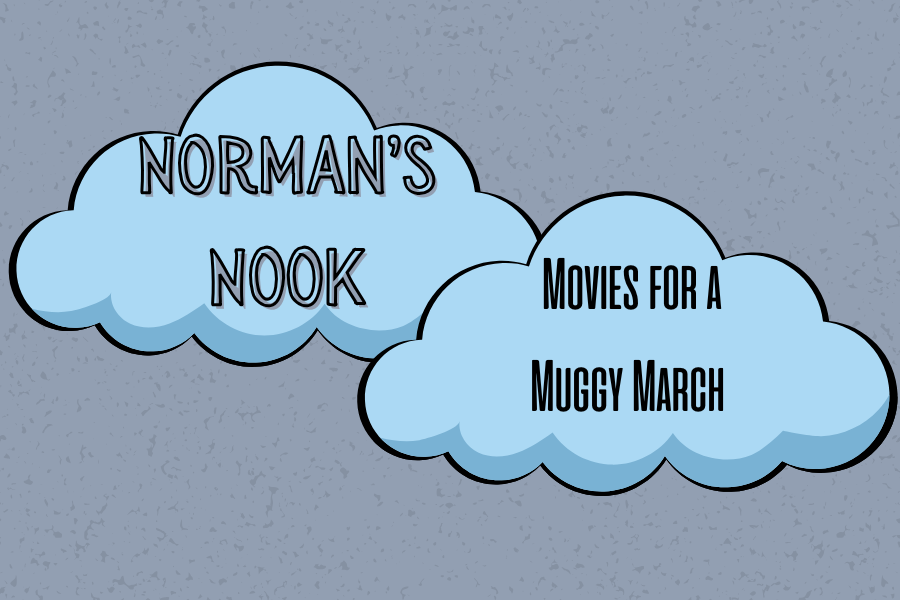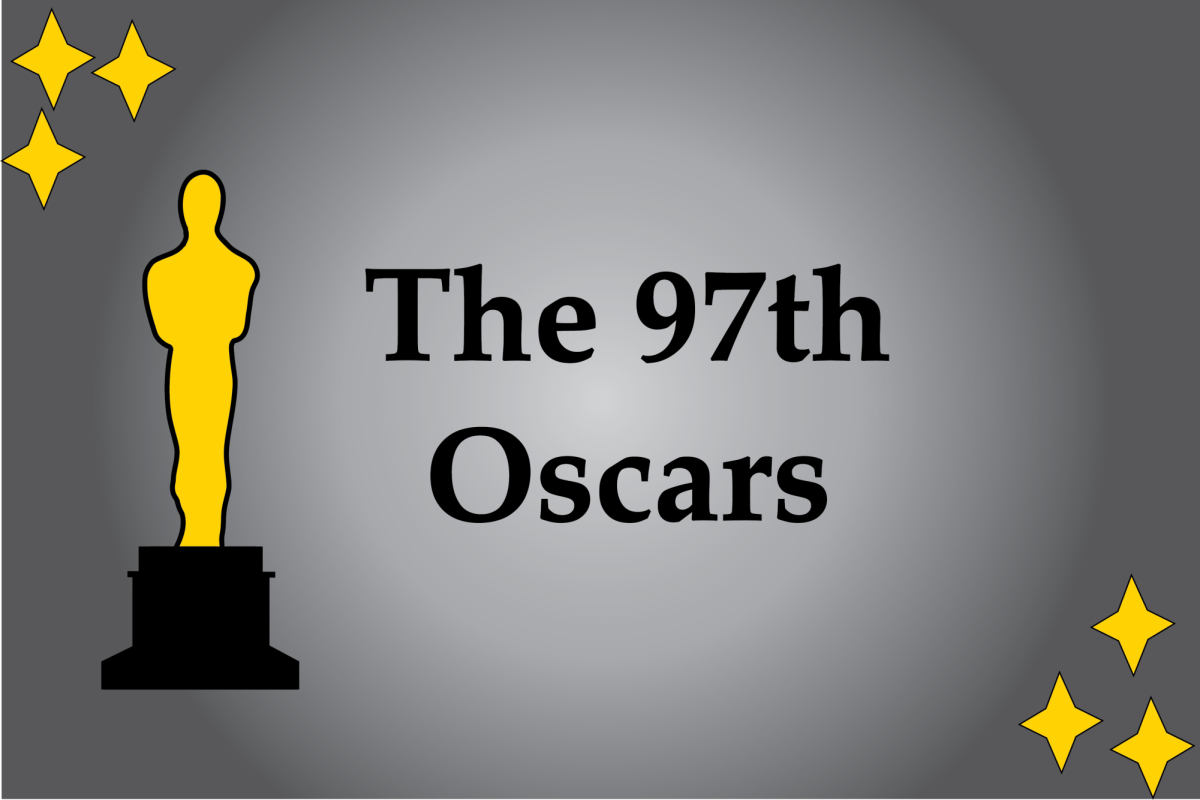When I first heard that Francis Ford Coppola, director of classic American films like The Godfather, Apocalypse Now and The Outsiders, was set to release a new film in 2024, I was rather excited. Then, when I learned that Coppola was accused of poor set behavior, including unannounced rewrites and set changes, arriving to set under the influence of marijuana and inappropriately treating some female extras, I made the (soon to be rescinded) decision to not watch the film. However, when I became a staff writer for the Baker Orange, I changed my mind and thought it best to bring to the attention of a greater audience the facts of the matter, as well as the quality of the movie itself.
Facts first: Megalopolis was entirely produced, written and directed by Coppola, making it his passion project of 50 years (he says he conceived the film in 1977). This full control in the areas of writing, financing and the set environment sewed issues across the film’s production. According to allegations made by those working on the set, not only did Coppola fire ‘nearly all’ of his visual effects team in December of 2022, he also frequently showed up to set excessively late after smoking marijuana in his trailer for hours and would arrive without a plan on many shooting days. However, the most significant accusation to come out of Megalopolis’s production would most certainly be background actor Lauren Pagone’s lawsuit against Coppola alleging sexual harassment, civil battery and assault, filed Sept. 9. Just two days after Pagone filed suit, Coppola did the same, suing the media company Variety for libel in their reporting of these allegations.
So, with both the production and marketing stages of Megalopolis shrouded in these controversies, one may ask, is the final product at least worth this effort? Sadly, in this reviewer’s opinion, it is not, by a long shot. If a movie-goer were to decide on a whim to see Megalopolis, I believe they would not enjoy it. If a cinephile, hardcore Coppola fan was to buy tickets, hoping their favorite director would create another classic, they certainly would not enjoy it. And I say this, not because I also did not enjoy it, but because there is little enjoyment to be had in the film’s 138-minute runtime.
The film itself is a modern-day retelling of the Catalinarian conspiracy of 63 BC in Rome, with Adam Driver playing Cesar Catalina, a groundbreaking architect and city-planner vying to build a utopia, Megalopolis, while the corrupt Mayor Cicero (Giancarlo Esposito) of New Rome tries to keep his daughter (Nathalie Emmanuel) from Catalina.
‘Rough around the edges’ would be an understatement in describing this film. It consists of dialogue far too bland and cliche to make the characters of New Rome appear real, on top of CGI that would not impress anyone ten years ago, trying desperately to impress audiences in 2024 (the fired visual effects, therefore, are noticed). For such dense subject matter and context, Coppola does not flesh out the modernity of the city at all, randomly throwing in ‘Make Rome Great Again’ hats, unexplained Confederate and Betsy Ross flags and NBA players on the cover of newspapers. And, to top it all off, a conclusion that neither adequately resolves narrative and thematic conflicts nor remains tonally consistent with the prior two hours of viewing.
The opening statement in Coppola’s lawsuit against Variety states: “Some people are creative. Very few people are creative geniuses. In the world of motion pictures, Plaintiff (Coppola) is a creative genius.” Yet, with Megalopolis seemingly being written to convince Coppola of his genius more than anyone else, this statement is, in this reviewer’s opinion, untrue.









